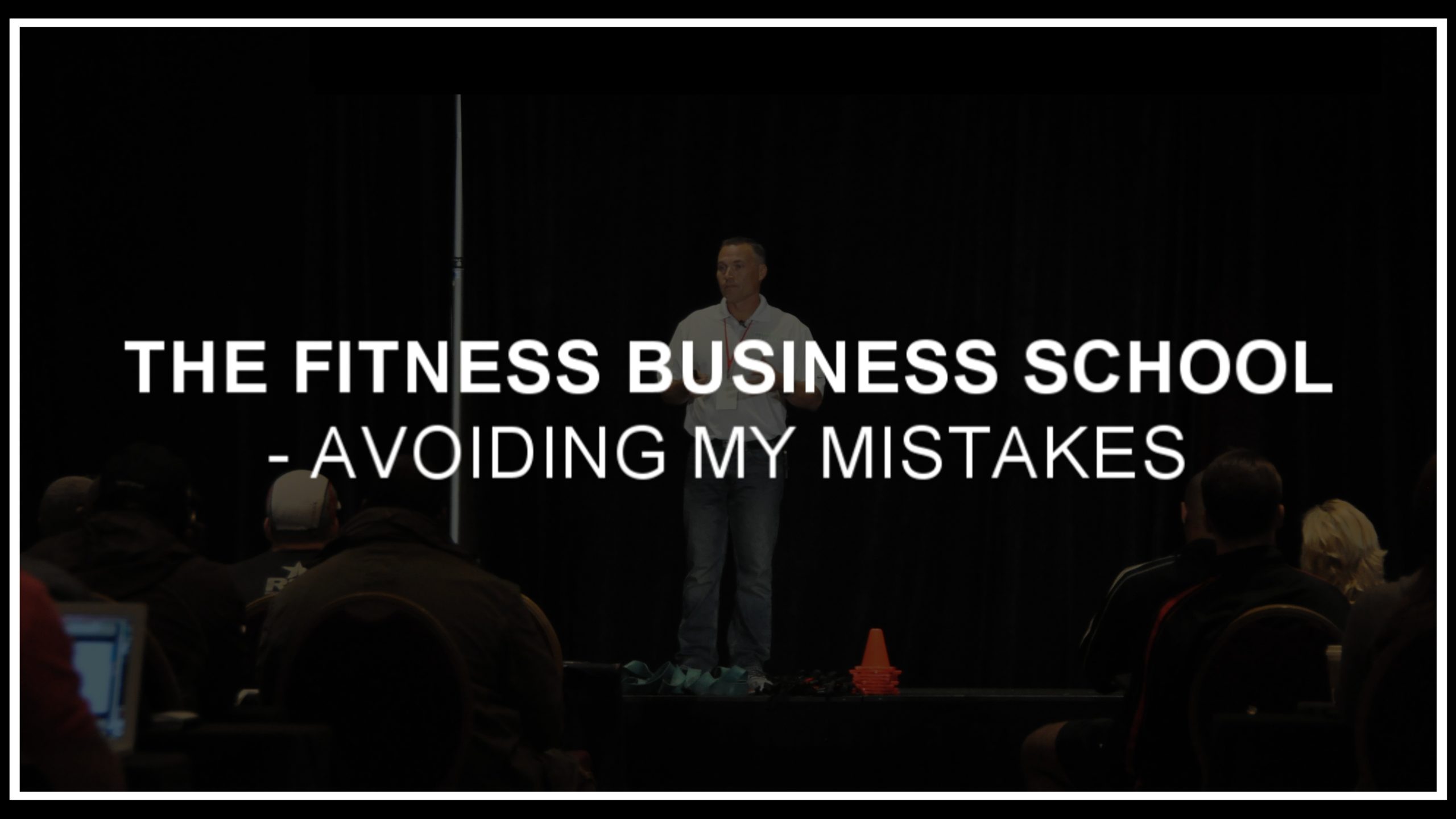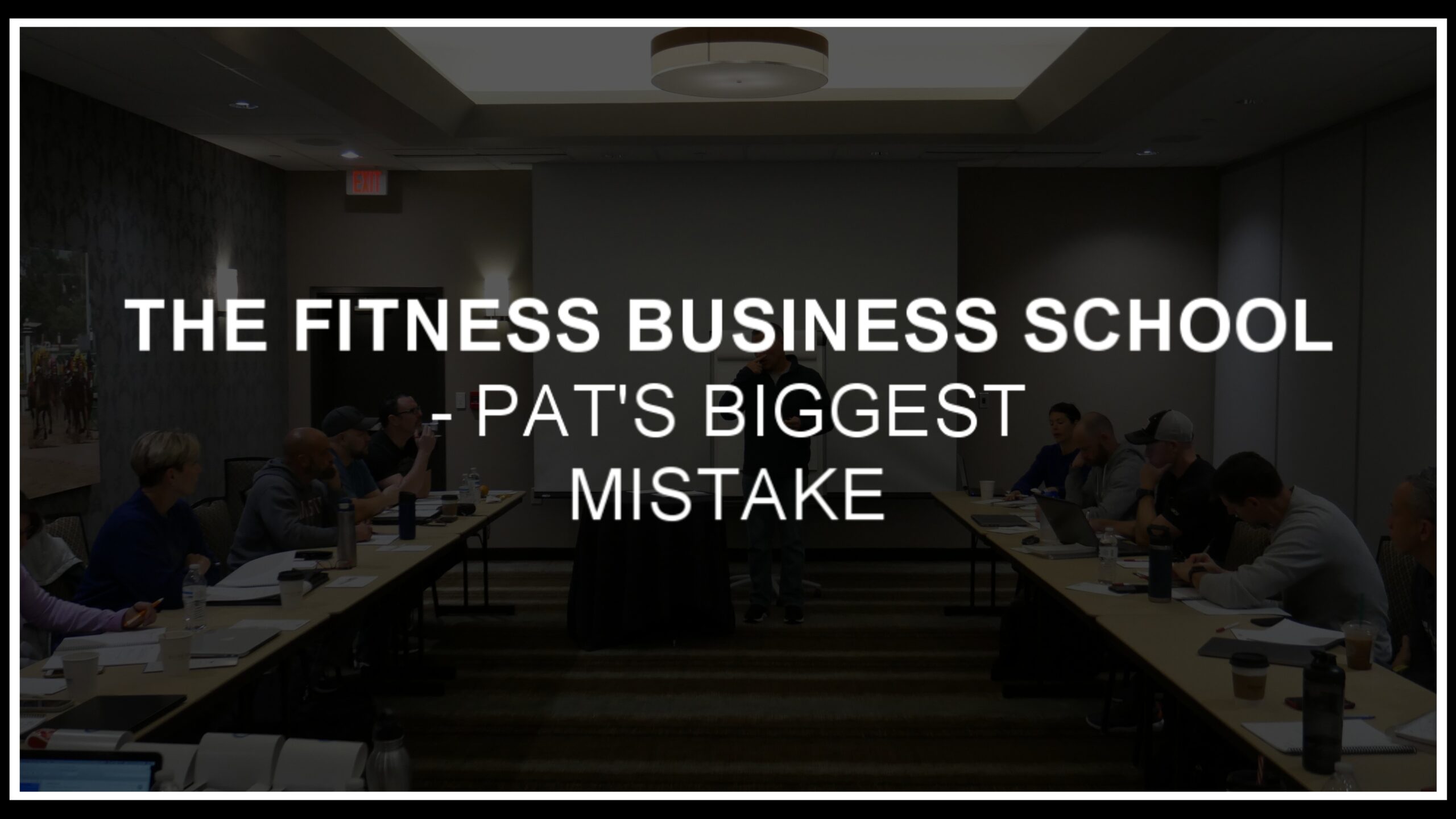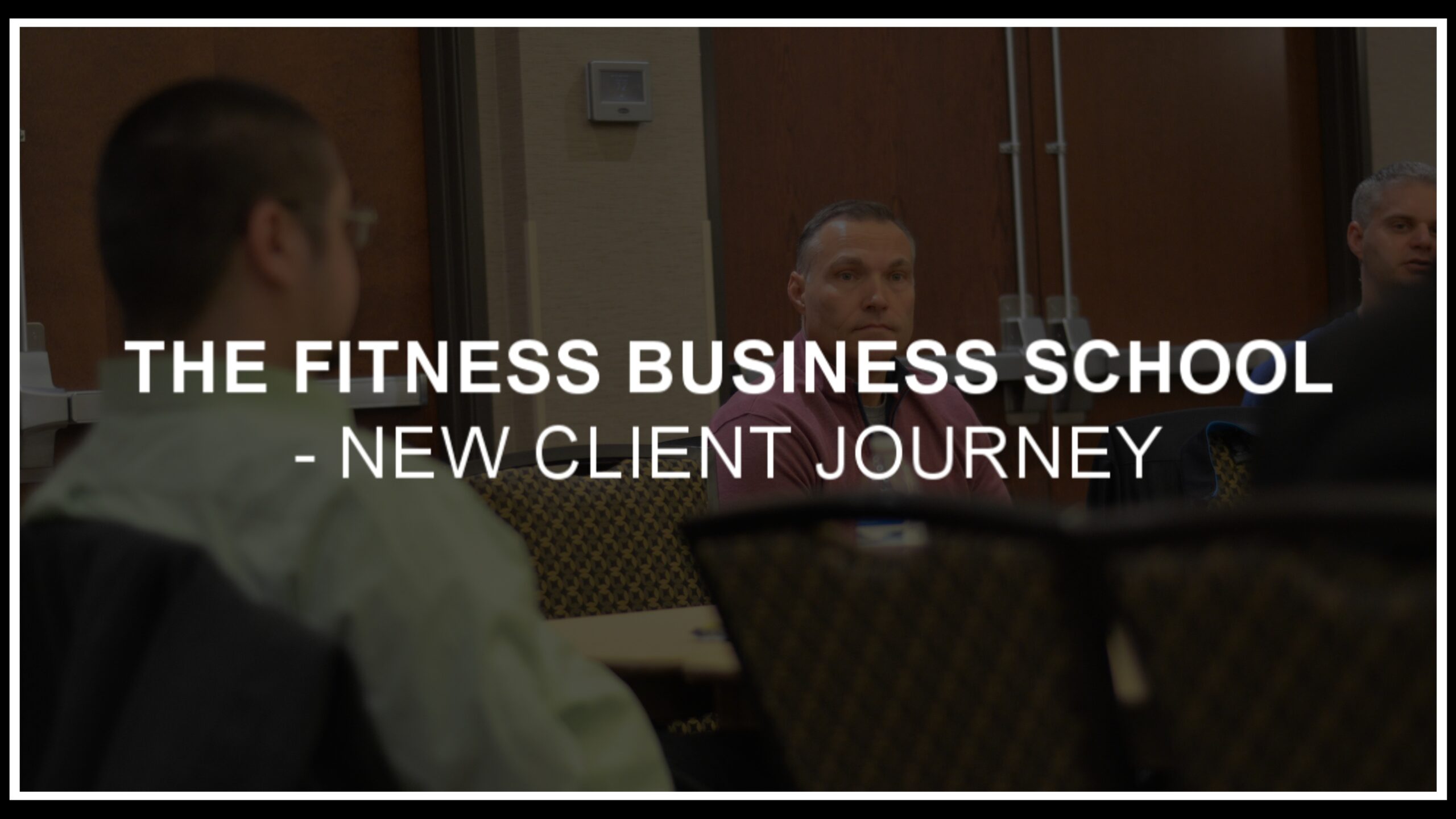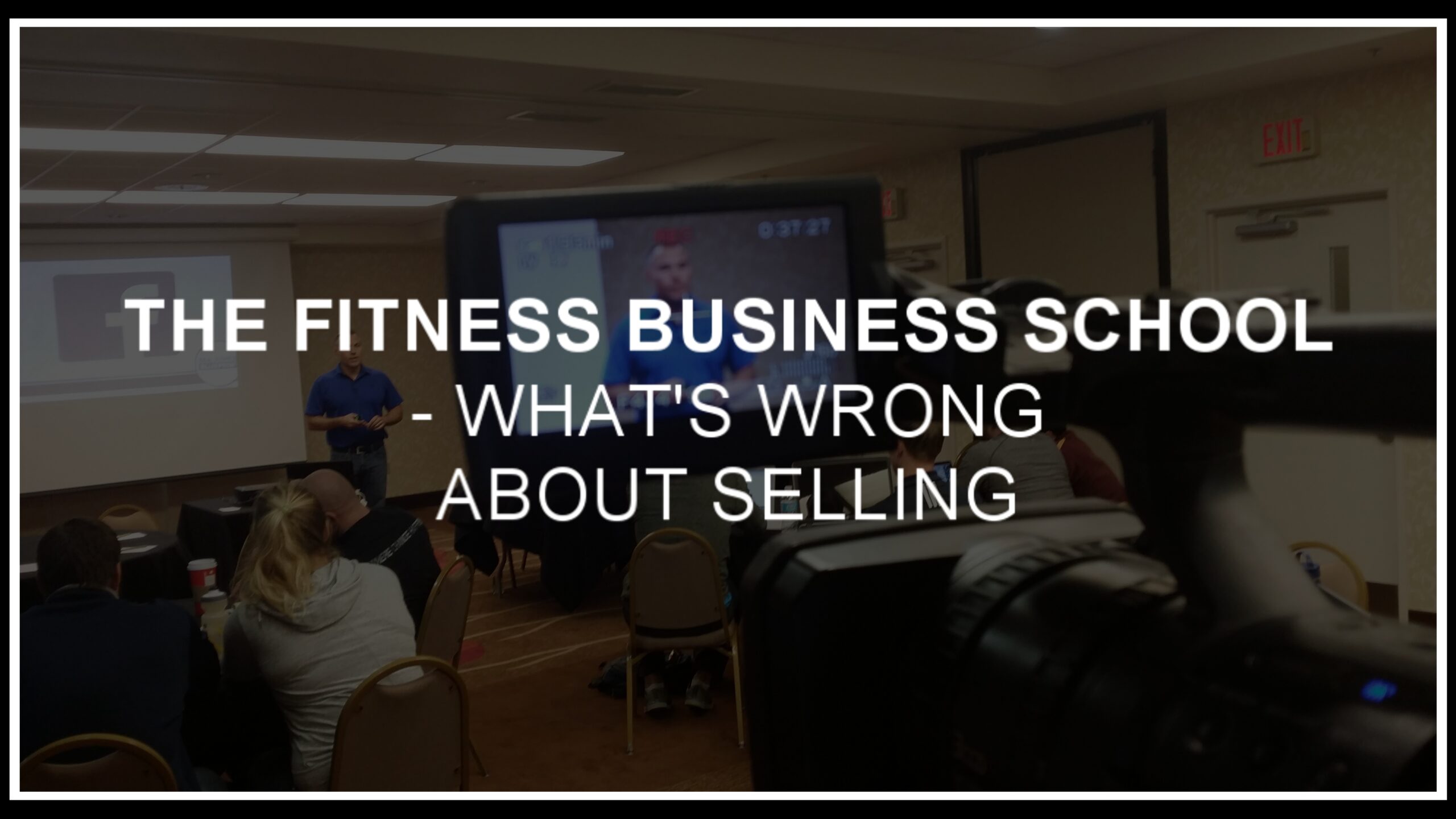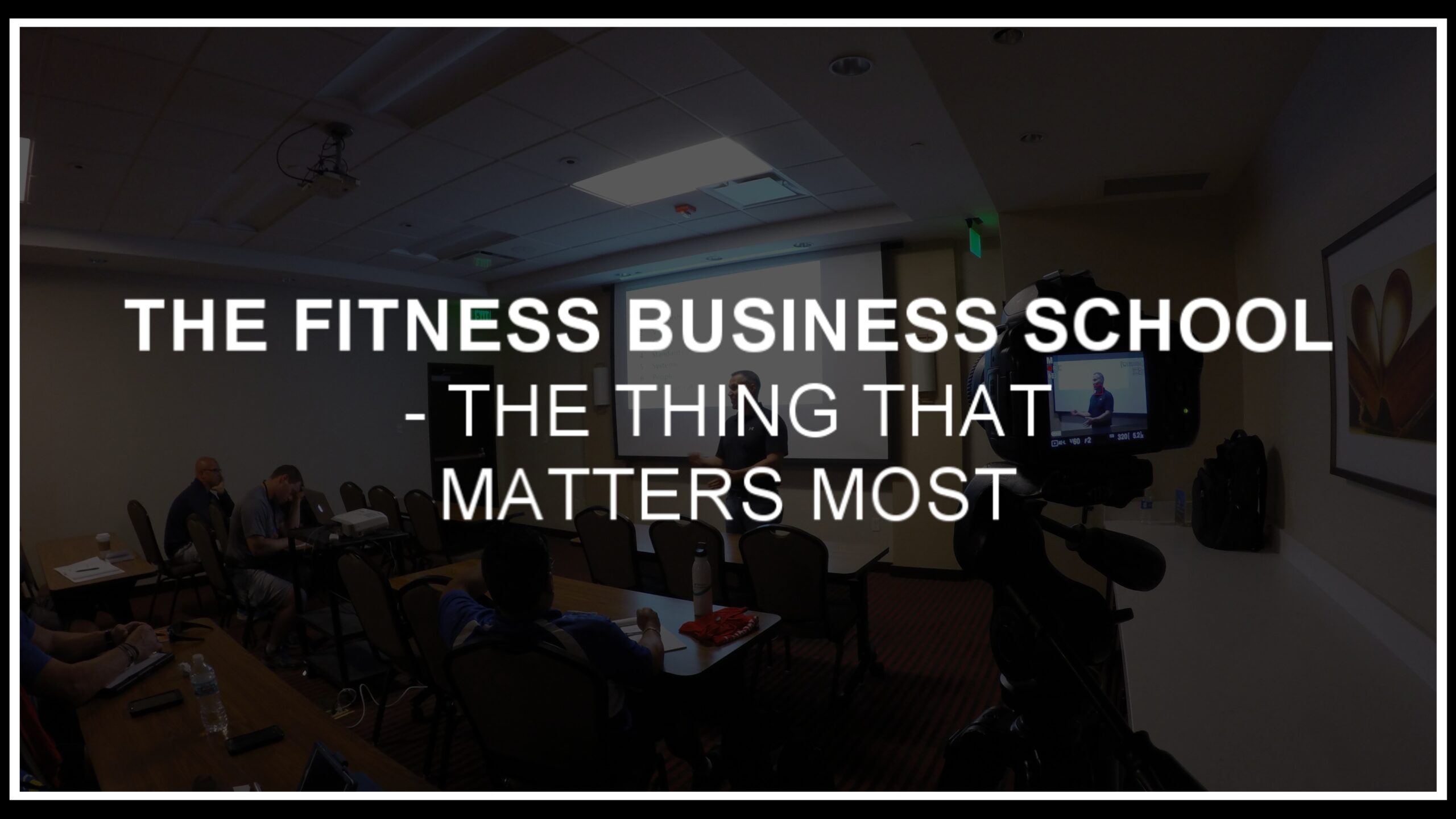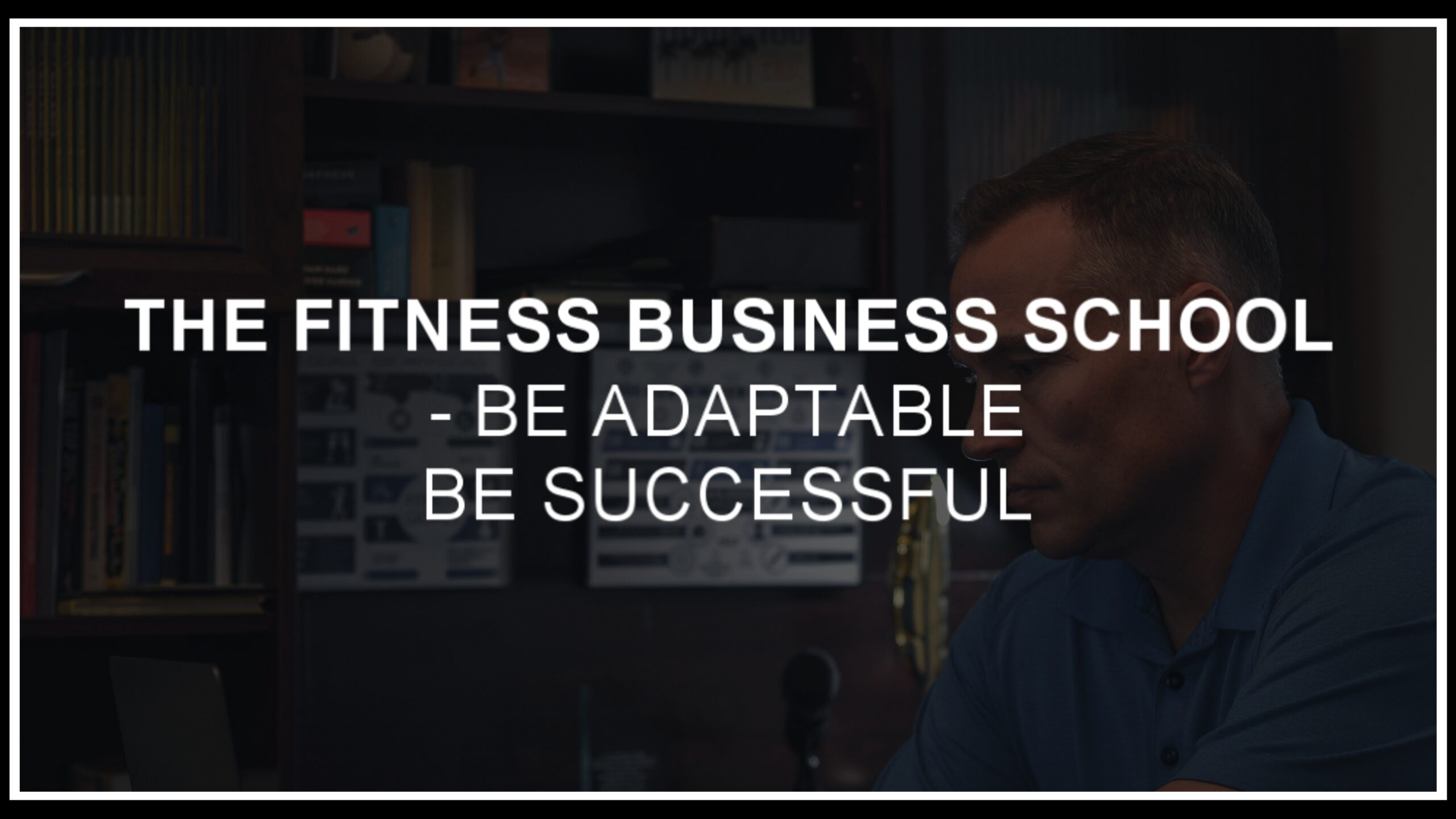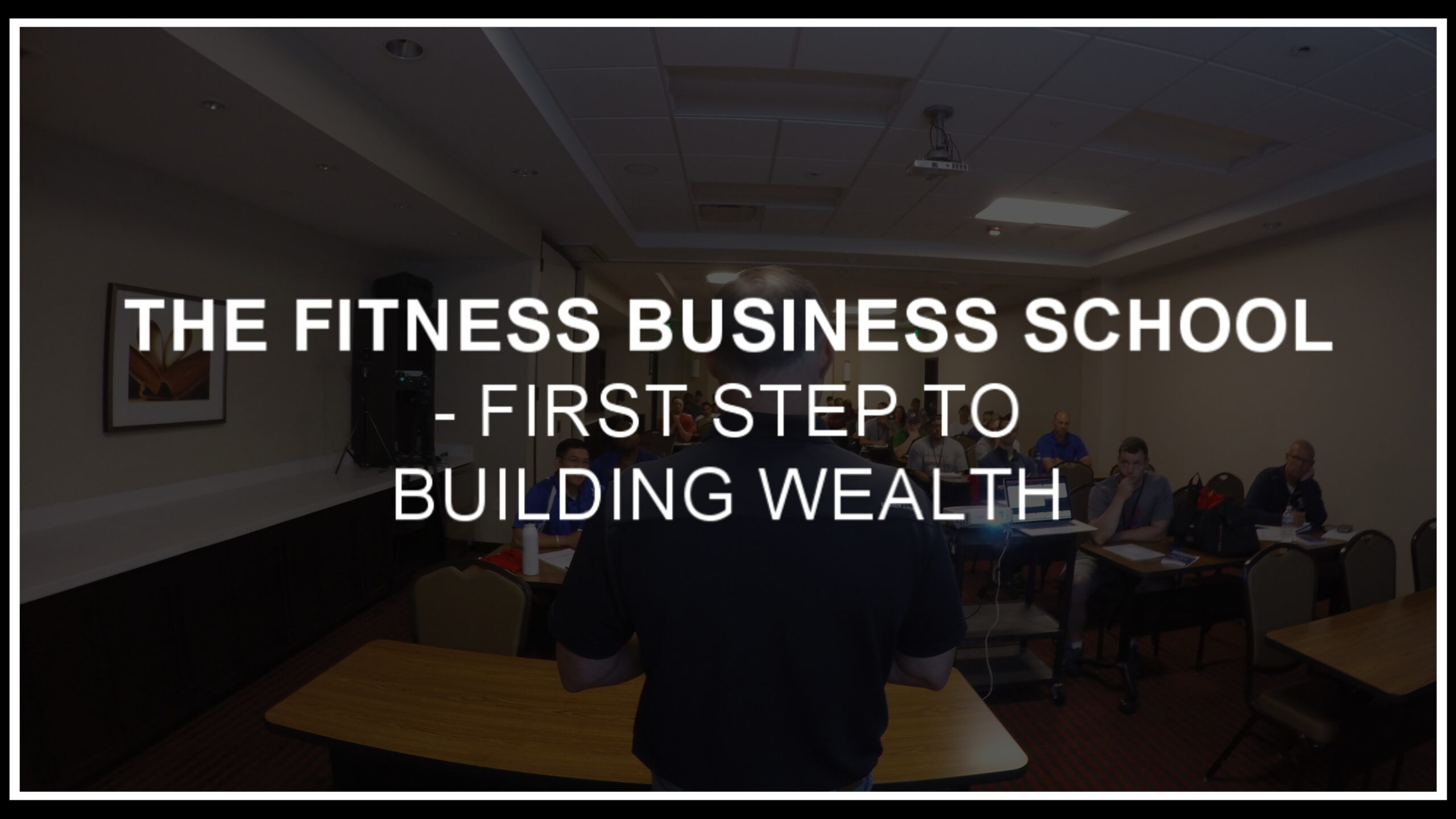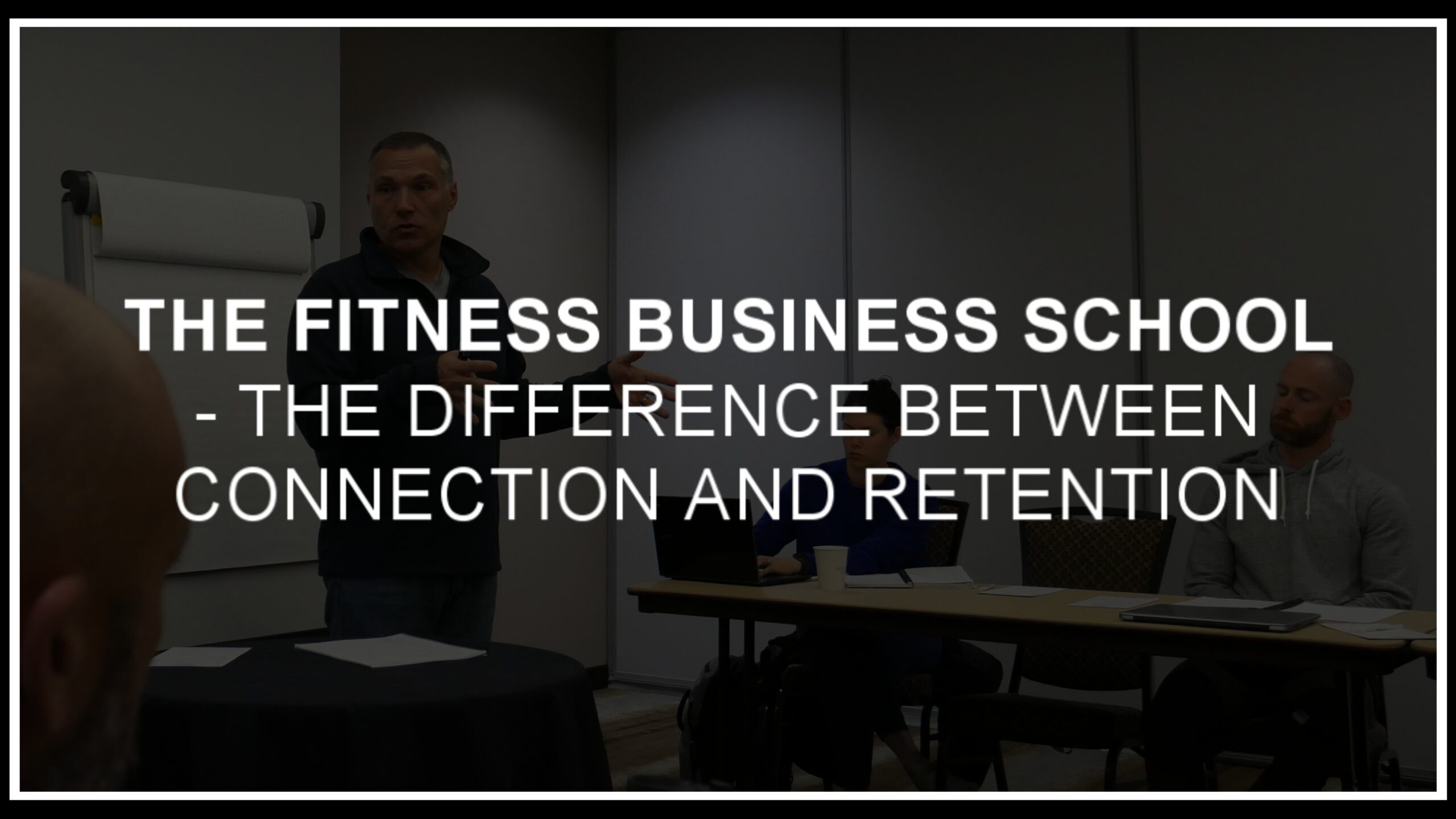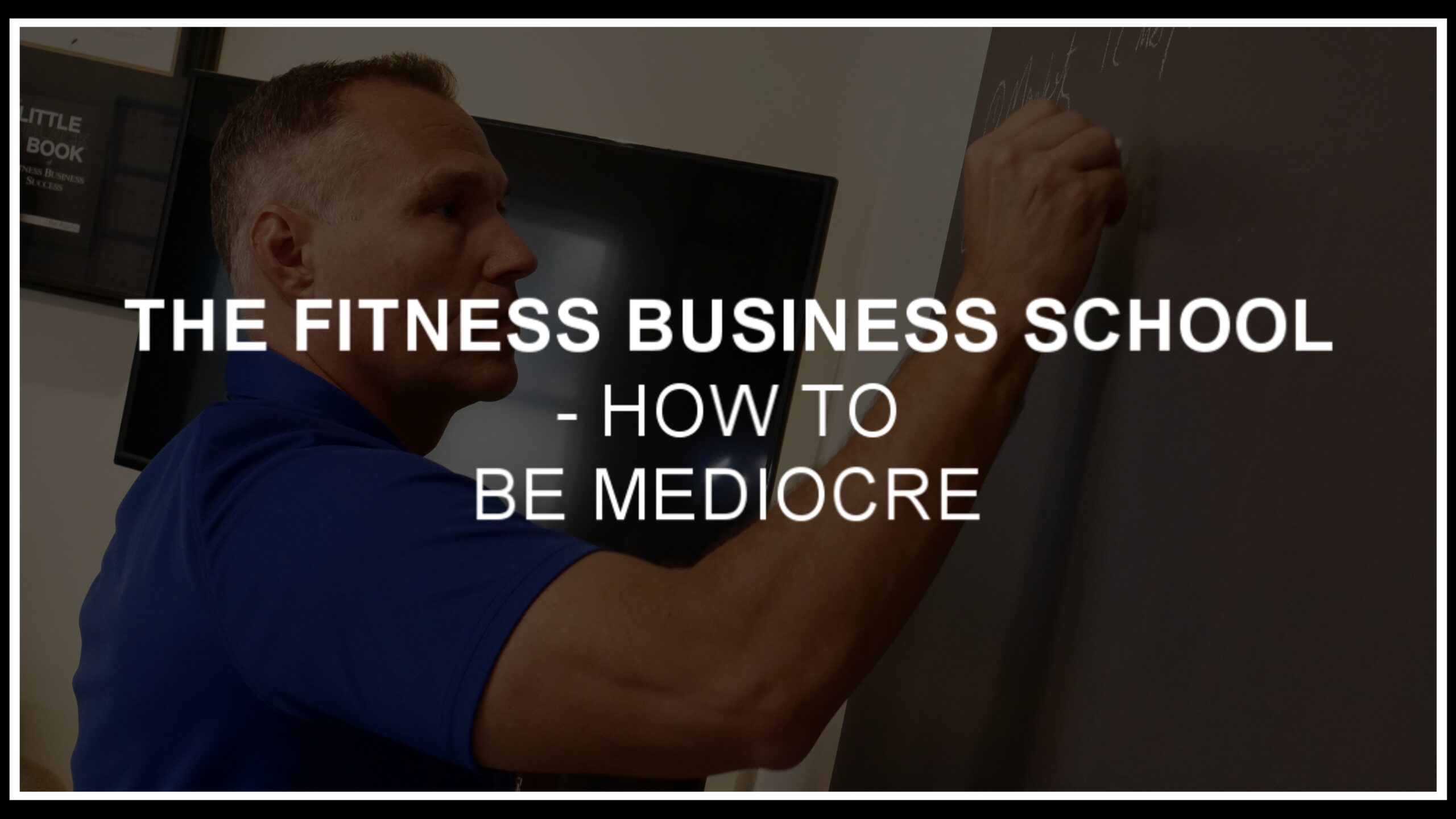Show Notes
- If you’ve owned a business, you’ve made mistakes, you aren’t alone
- Pat has made some mistakes that hopefully you can learn from
- Don’t let “failures” ruin your career
- Pat didn’t put in enough time getting good at lead generation
- Often, he didn’t look at potential negatives to opportunities
- He didn’t start putting money away early enough
- An Ideal Business wasn’t always his focus
- He worked with too many people who weren’t a good fit
- Complacency was also an issue
- Learn from his mistakes so you can avoid them
P.S. – 6-Weeks of Coaching…Free.
Get a surge of new clients and revenue over the next 6 Weeks with ZERO FEE and no obligation to continue?
If you’re a current business owner who wants to add 50K or more in annual revenue over the next 12 month, you can Test Drive our coaching program for 6 Weeks with no fee or even an obligation to continue as a way to demonstrate how we can help you grow your business.
No strings attached. No obligation. You get our best coaching & tools…and hopefully, you’ll love it enough that you want to keep working together.
Would you be interested in discussing?
If so, email me here with ‘interested’ in subject line and we’ll set up a chat.
Full Transcript
Hey, Pat Rigsby here. And in this episode, I want to talk with you about mistakes that I’ve made. See, everybody wants to talk about their highlight reels and all their successes, but the reality is if you’re going to be an entrepreneur, if you’re going to be a business owner, you’re going to have to overcome some mistakes. So that’s what we’re going to focus on in this episode. So let’s get to it.
Welcome to the fitness business school with Pat Rigsby, the podcast for fitness entrepreneurs who want to make more income, have greater impact, and enjoy more freedom in their ideal business. If you’d like an accelerated route to these goals, email me at [email protected] and put BGA in the subject line and I’ll get you all the details about our business growth accelerator program.
I’m going to shift gears in this episode. We’re going to talk about some of my shortcomings, some of my failings, if you will, because the reality is we’re going to have them. We’re going to make mistakes. We’re going to kind of fail our way along in building a business. That doesn’t mean most things that you’re going to do are going to be failures or losses or whatever, but I mean, it’s going to happen. And the people that persevere through it and move past it most quickly are going to be the ones who do the best. Fortunately, you know, I kind of figured this out, back as a baseball player and later as a baseball coach, I mean, one of the great things about baseball is, you know, for a major league player, they’re going to quote unquote, fail seven out of 10 times when they go to the plate, they’re going to you know, making out seven out of every tenant bats, the best people in the history of baseball made an out probably eight out of urbane, six out of every 10 played appearances. And baseball also doesn’t really lend itself to teams being, you know, undefeated or winning 90% of their games, like some other sports, the best teams do. I mean, even the most successful teams in professional baseball are winning just over 60% of their games. And so what that teaches you is to kind of be able to move past that stuff and understand that perseverance is really critical in success.
So what I wanted to do was just share some of my failures along the way and do it because, you know, really three reasons, if I can help you avoid some of the same mistakes, that’d be awesome. And, you know, it’s, it’s one of those things where I, you know, I can sit here and say, you know, I’m in a pretty good place professionally, personally, even after working through all those things. So, you know, it should give you some confidence that you know, failing one time, doesn’t make you a failure or, or, or failing along the way, doesn’t make you a failure. And then ultimately you can see that. Yeah, you could probably screw up a lot and still build a really successful business.
So the first phase that I’ll throw out there from a professional standpoint was, you know, I was forced to resign as a college baseball coach way back in 2002. You know, I had been the, the winningest male sports coach at the university. We had had a great deal of success and I was very visible, you know, on some billboards and TV commercials and stuff for the university. And yet you know, kind of had a, had a battle with an administrator, which I was really destined to lose because he, you know, was much, much higher up the food chain, so to speak than I was at the university. So I was forced to resign and it was humiliating. It was easily the most humiliating thing I had gone through because at that point, that was my identity that easily could have, you know, set me into a spiral that, that would have derailed my confidence and, and probably positioned me in a way that I wouldn’t take risks and things like that moving forward. But, you know, I mean, it probably took me a few days to, to, to get past that and get excited about the next step in the journey, but I did and, you know, fast forward to today you know, I’m on two advisory boards at the university I’ve been named the university’s distinguished alumnus of the year and, you know a few other things that you know, allowed me to, to, to look with maybe a broader lens and see that, you know, that was just a stumble that wasn’t going to define me and it wasn’t going to stop me from being successful, but even moving forward to more practical stuff relative to what we’re doing today.
You know, here are a few things that I’ve screwed up is, is a small business owner. You know, I didn’t put in enough work to get good at paid lead generation, you know, early on in my business life. I was, no, I didn’t have much of a budget for marketing. So I got really good at guerrilla style marketing. I got really good, I’m good at generating some business without much budget, but, you know, I didn’t personally get good at paid traffic. And, you know, that’s, that’s become a battle, that if I didn’t have somebody else like a Scott Rawcliffe for somebody to lean on to hire, that would be a real sticking point in my business.
You know, saying yes to too many things, there’ve been so many things that seemed seem good that I looked at the upside and didn’t think about the, the consequences of me allocating my time somewhere else and spreading myself too thin. And and how that might detract from my core business or detract even earlier on in my career from my family, because I was doing so many things. And so just not saying no enough, I’ll tell you the one that probably cost me the most financially was over valuing the things that I wasn’t passionate about or comfortable with like early on in my business. You know, I didn’t really, really have much comfort when it came to the accounting side of things. The bookkeeping just, you know, the, some of the back office stuff. And, you know, I, I felt like, Hey I’m good at marketing, I’m good at selling. I’m good at coaching because these are things that I took with me from my career as a college baseball coach. And, you know, so in turn, instead of just hiring her the right hand person to do that, you know, giving up equity in a business too you know, to fill that void, to hand that off. So I could just do my stuff that, that I was comfortable with. Well, I mean, honestly that costs me millions and you know, it now see that in my business and it’s an area that I’m very comfortable with and it’s like a lot of things, right? Like once you get over that and initial hurdle of discomfort, because the unknown, it’s just not that bad. Right? So I’m overvaluing things that I just didn’t think I was good at and thinking they were going to be the, the, you know, the, the roadblock between me and success, not putting money any away, either for my kids or my retirement early enough. You know, I used a little bit of my, what little retirement I had from my, at university to start my first business. And so in that first business, everything got reinvested for a while long time.
And so what I should have been doing was putting a little bit of money away from, from day one, even if it was, you know, fine, 5% of what I was making, because, you know, after that, I had to play a lot of catch up and, you know, there’s, you know, that old adage of the, the eighth wonder of the world is compound interest. And, you know, I didn’t take advantage of that. So I had to do you know, I, I had to do more to make up for that. And then, you know, I didn’t follow my guts soon enough when it was time to change on some stuff. I hung on to some things too long twice nice that’s happened in my career where I kind of had, had a sense that, Hey, it’s time to move to the next leg of this journey or the next professional chapter. And I didn’t do it and wrote it out a year too long in both cases. And it caused me a great deal of stress, a great deal of anxiety in both entities.
And then, you know, not, not focusing on my ideal business was a big, big problem, right? I, I think that I focused on top line and numbers and benchmarks of accomplishment that frankly didn’t mean a lot instead of saying, okay, what’s my definition of success. And how can I directly pursue that instead of hope I accidentally arrived there. If this business has, you know top line revenue or has enough clients, or has enough location, I’m thinking too small, not, not having enough confidence in myself and what I might be able to accomplish, not focusing on my strengths enough and allowing myself to be pulled away from, from the handful of things that I’m, I’m pretty proficient at and spending time on things that, that weren’t strengths not getting good enough at follow up in the eyes of like a client quickly enough not sharing enough stories and making everything sound like marketing, instead of just sound like talking to a friend and telling stories and connecting and building relationships early on, as soon as I kind of made that switch, man, everything else in my business got better.
Working with too many people who weren’t a good fit. I think that, that’s a big one, right. You know, working with people that either weren’t a good fit as clients, or weren’t a good fit from a, you know a staff or even a partnership standpoint and not understanding how much of it of an emotional drain that can be, you know, I think letting my business become bloated at times, it has been another one, you know, too much staff, too many expenses and not remembering that, Hey, it’s not what you make. It’s what you keep. You know, I would say that the last one, all I’ll mention is just settling, right? Settling for things being okay, and forgetting my why forgetting, why I started business in the first place to have the income and the impact and the lifestyle that I wanted.
And then at times just saying, you know what, I’m doing fine. I’m making more money than I would have made as a college coach, or I’m making more money than my peers parents made. And you know, I’ve done done and this or that, instead of saying, you know, why not me? Why can’t I do something better? And, you know, I guess kind of dovetailing in with that. You can, you can notice a number of those mistakes. I just came from, from a lack of, self-confidence a lack of belief that I could do something that once I started to really dial in and reflect on the things that, that I had accomplished to give me more confidence. And once I started focusing, focusing on kind of my mindset and the mental side of things, instead of the tactical side of things, only everything else got better. So now, you know, what’s nice is I know better. I know that not only can I build my ideal business, but you can build your ideal business too, but it’s not going to happen without getting clear about what you want and not settling for less than actually getting there.
So, you know, hopefully some of these mistakes that I’ve made, and I can probably double that list. Hopefully some of these just gave you a little bit of peace of mind that, you know, people that, that may maybe you know, it, at least from the front facing standpoint, what you see online, or people that are speaking at conferences or people pull that are quote unquote leaders in their field, it’s all been a smooth path for any of them. It’s just typically you don’t see what’s happened behind the scenes. Hopefully this allows you to understand that, you know, I know in my case, there’ve been plenty of bumps in the road, plenty of mistakes, plenty of things that didn’t go as I planned. And I didn’t even get into, you know, the, the, the number of things that I’ve started that kind of died on the vine or the number of promotions that I ran that kind of fell flat. But, you know, I think that’s part of being a successful entrepreneur is just having some perseverance and not letting a mistake or a failure define you, just getting back up and saying, okay, what did I learn from that? What can I do better next time and staying the course? And if you do that more often than not, you’re going to come out ahead. So hopefully some of my mistakes will help you avoid some of your own.
Thanks for listening. I’m giving away a bundle of my bestselling books, the ideal business formula, the fitness entrepreneur handbook in the path. All you have to do is go to patrigsby.com/podgift to get it. Also, make sure to subscribe to The Fitness Business School with Pat Rigsby so you don’t miss an episode and you get yourself on the fast track to creating your ideal business.


